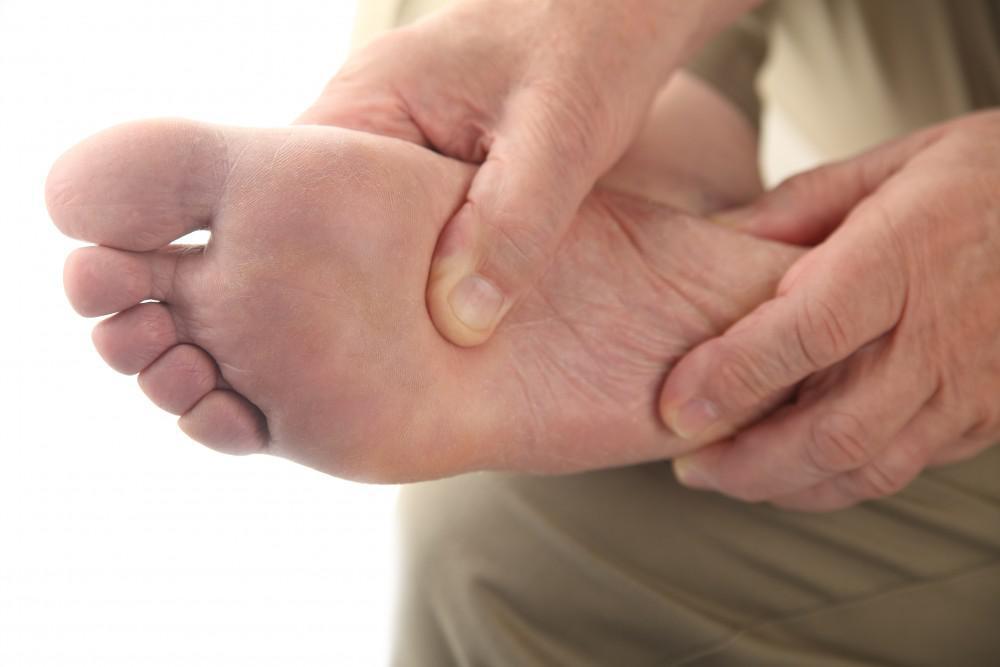
Your feet work tirelessly, day in and day out, ferrying you to where you need to go, usually without complaint. But as age catches up with them, the structures in your feet can weaken, and you may find yourself dealing with increasing foot pain, often due to flat feet.
At Neuhaus Foot and Ankle, our team of highly trained podiatrists understands the many conditions that can interfere with the function of your feet, and we offer a wide range of services to help bring you relief. If you’re struggling with foot pain or pain that creeps up into your knees, hips, and even your lower back, it may stem from adult-acquired flatfoot.
If your feet are getting flatter with age and causing you pain, here’s a look at why this can happen and what we can do about it.
Aging and your feet
As we mentioned, your feet bear an incredible burden as they not only provide the foundational support for your entire body, but they’re also responsible for your mobility. Playing no small part in this are the arches in your feet, which are triangular areas between the balls of your feet and heels that are made of tendons, ligaments, and bones. These arches provide critical support and shock absorption, essentially putting that spring in your step.
As you get older, certain supportive tissues can begin to succumb to wear and tear, and they break down, which is certainly the case with your posterior tibial tendon. This tendon stretches from your calf down into your foot and provides the main support for your arches.
When you experience posterior tibial tendon dysfunction (PTTD), the tendon is compromised and unable to provide the normal support. PTTD occurs more often in women over 40, as well as those who have rheumatoid arthritis or who are overweight. And it can also develop in individuals who place added stress on their feet through active pursuits.
As time marches on, the failure of this tendon to support your arches causes them to gradually collapse, leading to adult-acquired flatfoot.
Flat feet can also develop after an injury or a tear in the supporting ligaments, but age-related PTTD is the most common culprit behind the problem.
Why flat feet can cause pain
For some, the gradual loss of arch support doesn’t pose a problem as their bodies are able to adjust to flatter feet. For others, however, whose fallen arches have forced their ankles to roll inward, the problem can cause both local and radiating discomfort.
This is because as your ankles roll inward, it interferes with the alignment in your lower extremities, which can affect your knee and hip joints as they attempt to adapt to the new alignment. The discomfort can even travel up into your back if your gait has changed.
We can help
If we diagnose you with adult-acquired flatfoot, we approach the problem using a combination of techniques, which may include:
- Anti-inflammatory medications
- Rest from activities that place more stress on your feet
- Custom orthotics that provide support
This last treatment is one worth highlighting. Our custom orthotics are exactly that — custom-made to your feet and to your problem. Through orthotics, we can rebalance your feet, taking the pressure off the joints in your legs and hips. Thanks to advanced materials, orthotics can be made thin enough to accommodate most any shoe, though we recommend that you steer clear of shoes that force your toes down into small spaces (yes, we’re speaking about women and those high-heeled, pointy-toed shoes).
If you’re struggling with flatter feet that are causing you pain, please contact one of our eight locations in Hermitage, Brentwood, Nashville, Mount Juliet, Waverly, Smyrna, Murfreesboro, and Lebanon, Tennessee. You can call the office nearest you or use our online booking tool right now.
You Might Also Enjoy…
Contact us:
Whatsapp: +86 13606916530
Email: kk@aideastep.com
